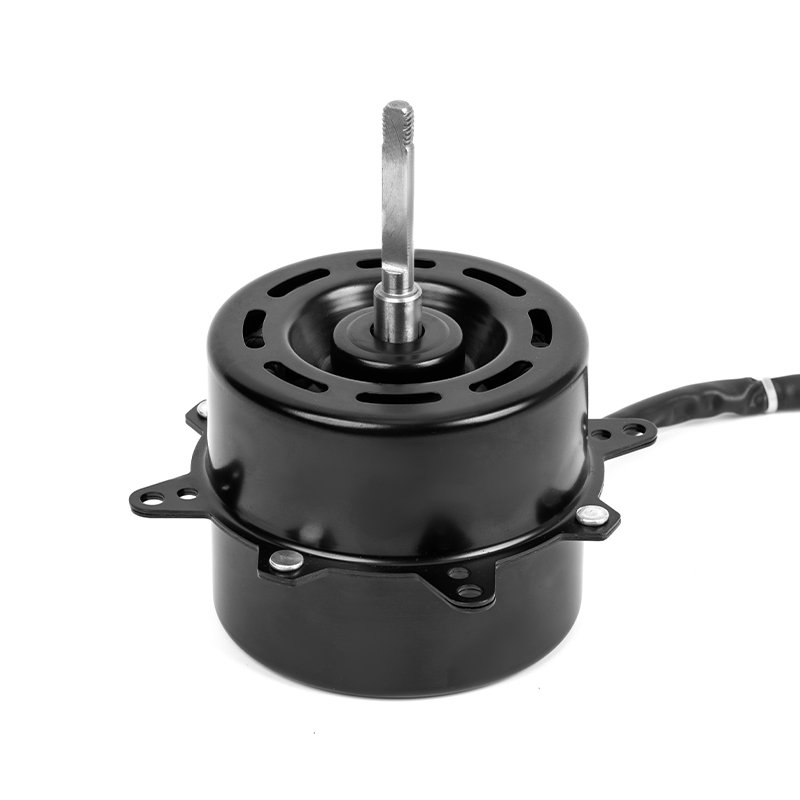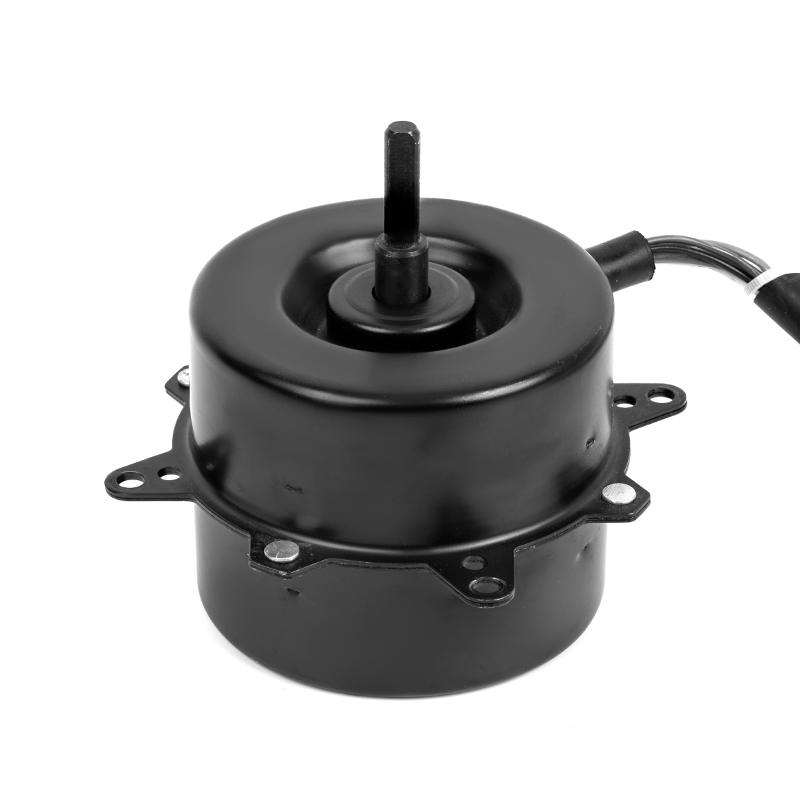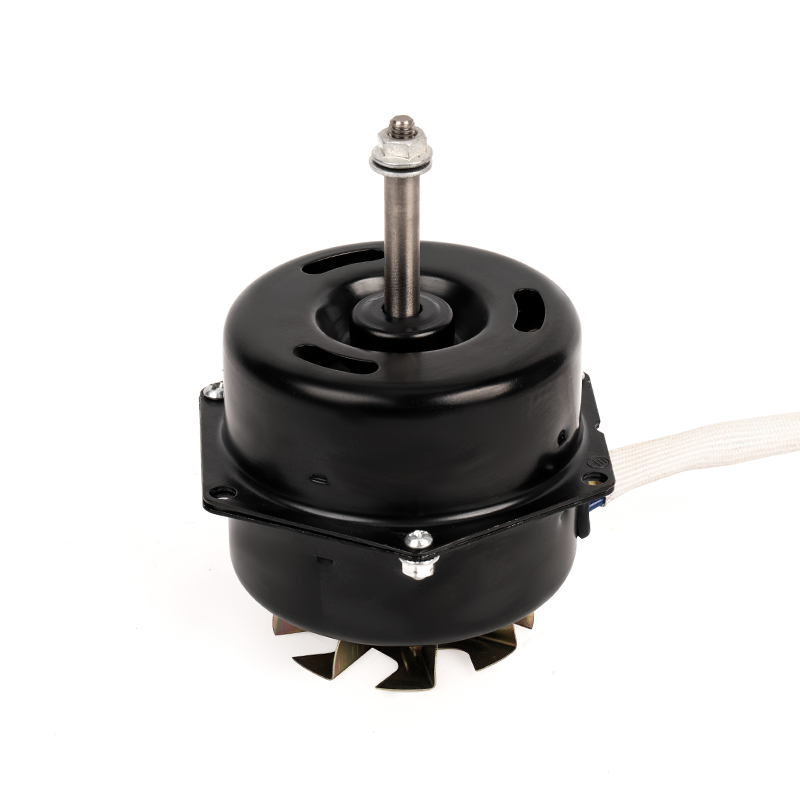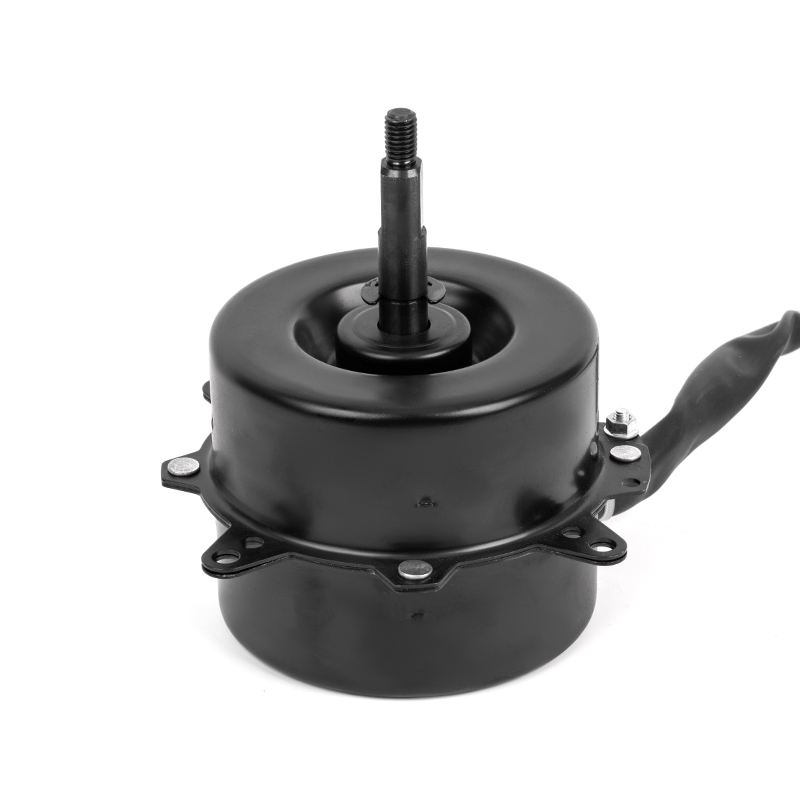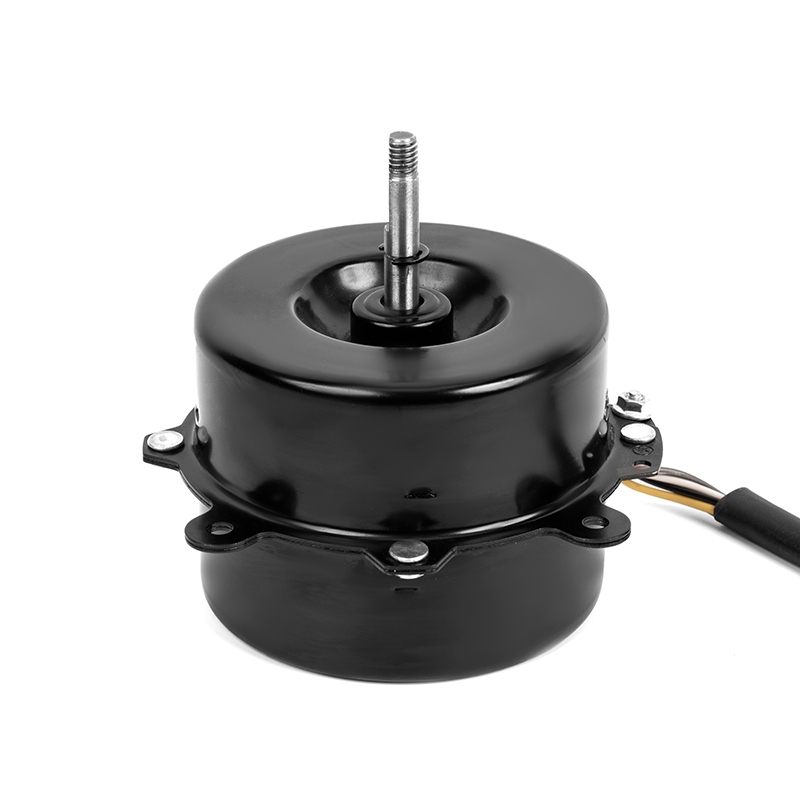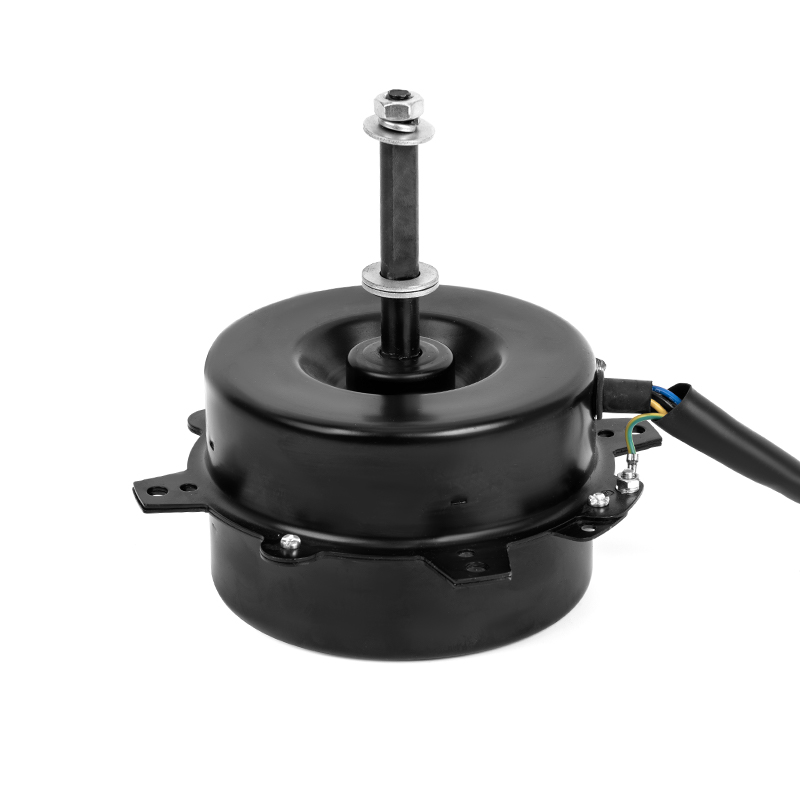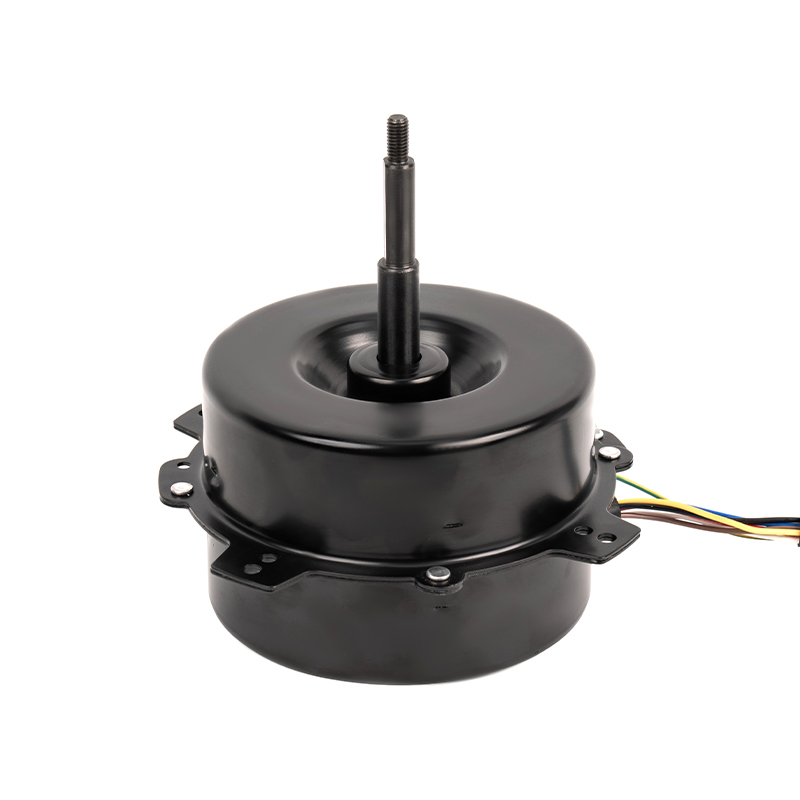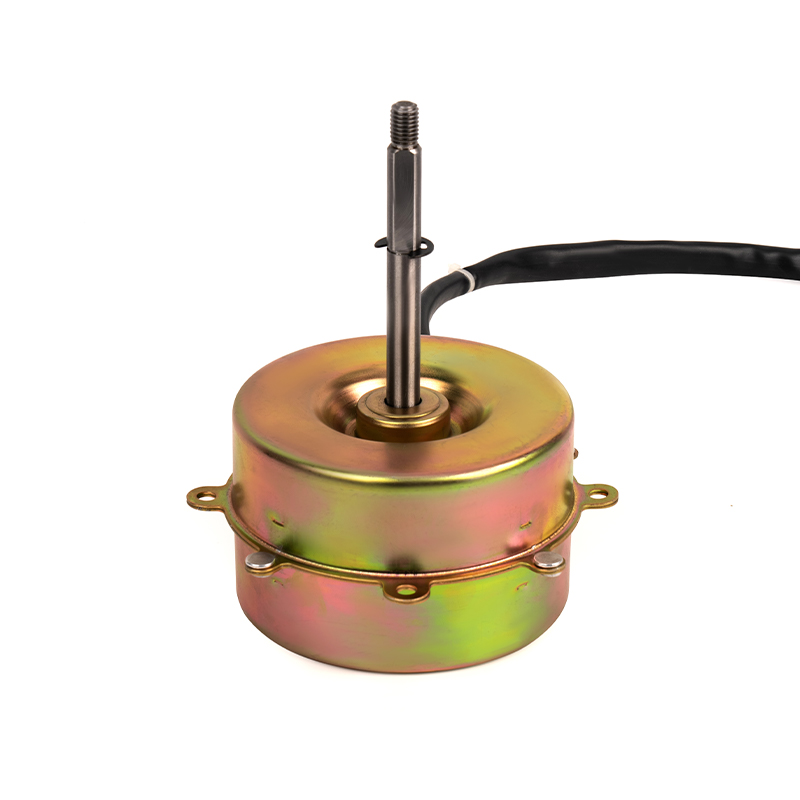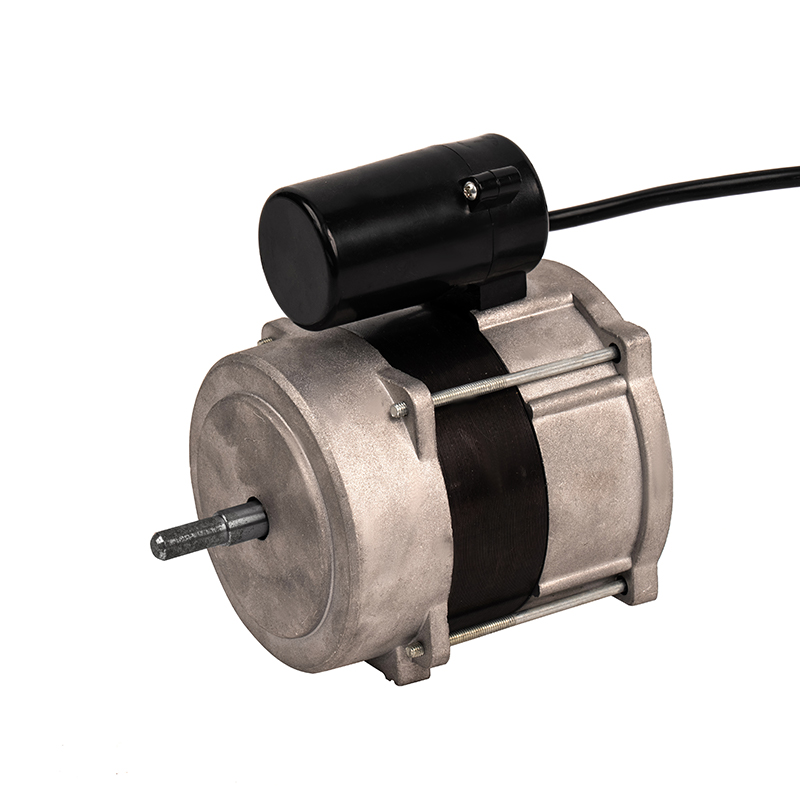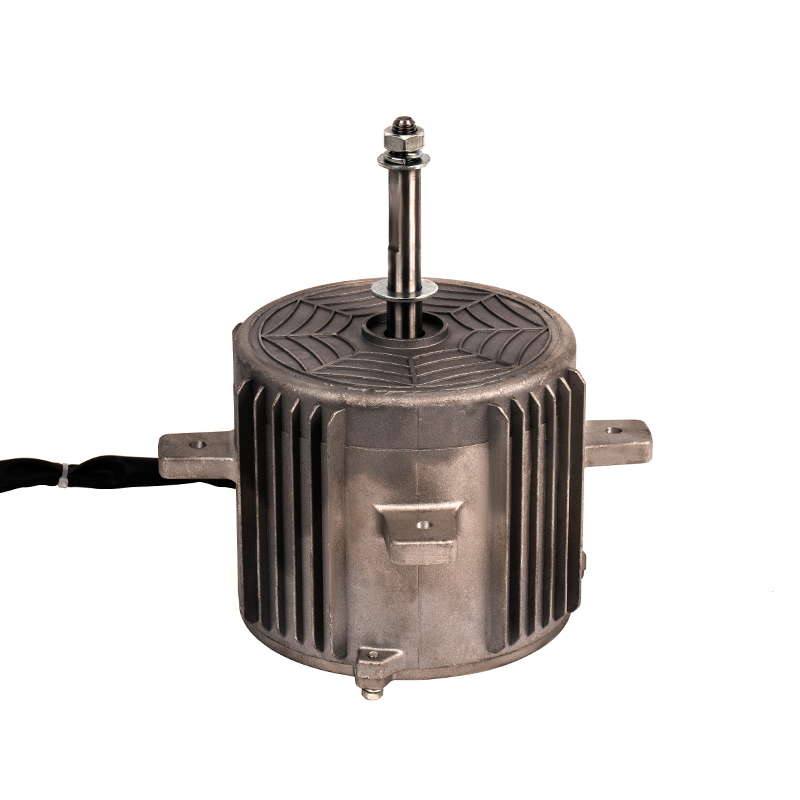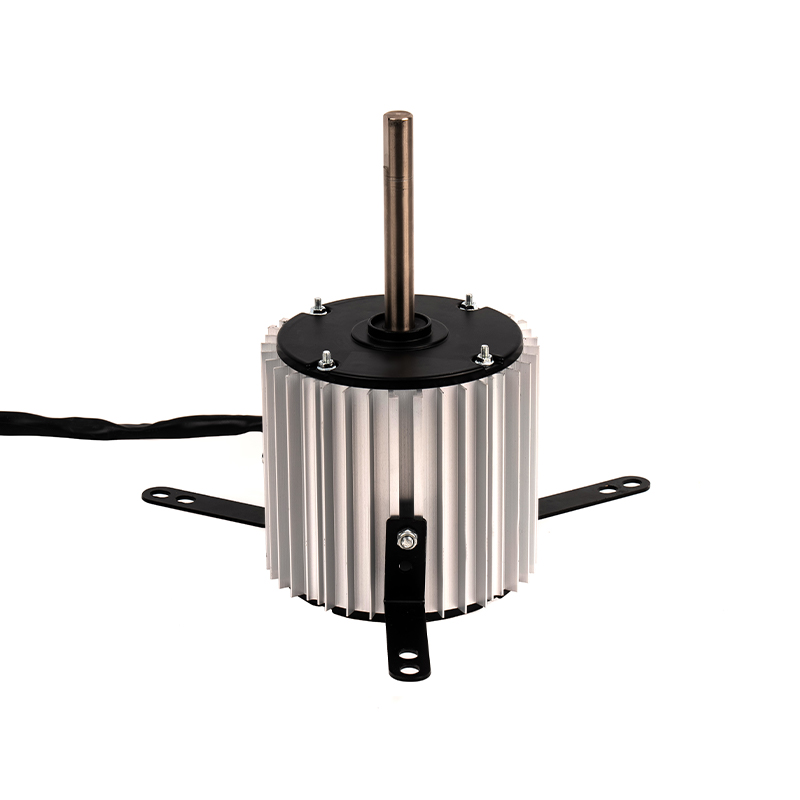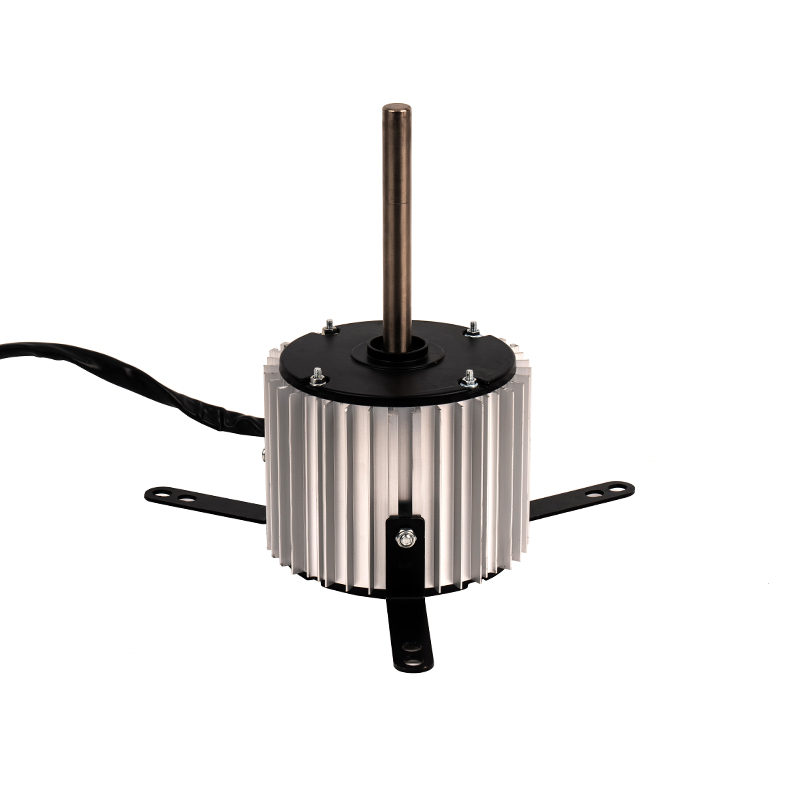Plastic asynchronous motors are highly resistant to various chemicals, including acids, alkalis, and solvents, which are commonly found in industrial environments such as chemical processing plants, food and beverage production, and pharmaceutical manufacturing. Plastics, such as polycarbonate, polypropylene, and other engineered thermoplastics, are inherently non-reactive with many chemicals, making them less prone to degradation compared to metals, which can corrode or react when exposed to certain substances. This resistance reduces the need for special protective coatings or frequent maintenance that metal motors often require in chemical-rich environments. Additionally, the use of plastics can significantly extend the life of the motor in corrosive atmospheres, minimizing downtime and operational costs.
Unlike metals, plastic materials do not rust or corrode when exposed to moisture or humidity, making plastic asynchronous motors particularly well-suited for environments where constant or intermittent contact with water is a concern. This feature is especially valuable in industries such as water treatment, marine applications, and outdoor settings where motors may regularly encounter rain, high humidity, or direct water contact. Moisture can quickly corrode metal motors, leading to performance degradation, but plastic motors remain unaffected by water exposure, retaining their structural integrity and functionality over time. In industrial settings where water and condensation are present, plastic asynchronous motors also provide additional advantages by requiring less frequent maintenance and having a longer operational life compared to their metal counterparts. Furthermore, the avoidance of rust eliminates the need for lubrication or special water-resistant seals that are often necessary for metal motors operating in moist conditions.
Corrosion is one of the most significant challenges for metal-based motors, especially in industrial environments where exposure to harsh substances such as saltwater, industrial chemicals, or caustic cleaning agents is common. Plastics, however, are naturally immune to corrosion, as they do not react with oxygen or other corrosive elements in the same way that metals do. This corrosion resistance makes plastic asynchronous motors a preferred choice in applications where metal motors would require frequent repairs or protective coatings to prevent rust and oxidation. In sectors like oil and gas, mining, and chemical processing, where corrosive materials are frequently present, the corrosion resistance of plastic motors provides a significant advantage, ensuring that the motors can withstand prolonged exposure without suffering from pitting, scaling, or surface degradation. As a result, plastic asynchronous motors can operate reliably for extended periods in corrosive environments, improving overall system longevity and reducing replacement costs.
One of the lesser-known benefits of plastic materials in asynchronous motors is their non-conductive nature, which provides additional protection in environments where electrical conductivity combined with moisture or chemical exposure can create safety hazards. Unlike metal, which can corrode and become a conduit for electrical faults, plastics do not conduct electricity and are less likely to experience short circuits or electrical failures in wet or chemically reactive environments. This makes plastic asynchronous motors safer to use in hazardous industrial settings, enhancing both operational reliability and workplace safety.



 English
English عربى
عربى ++86 13524608688
++86 13524608688